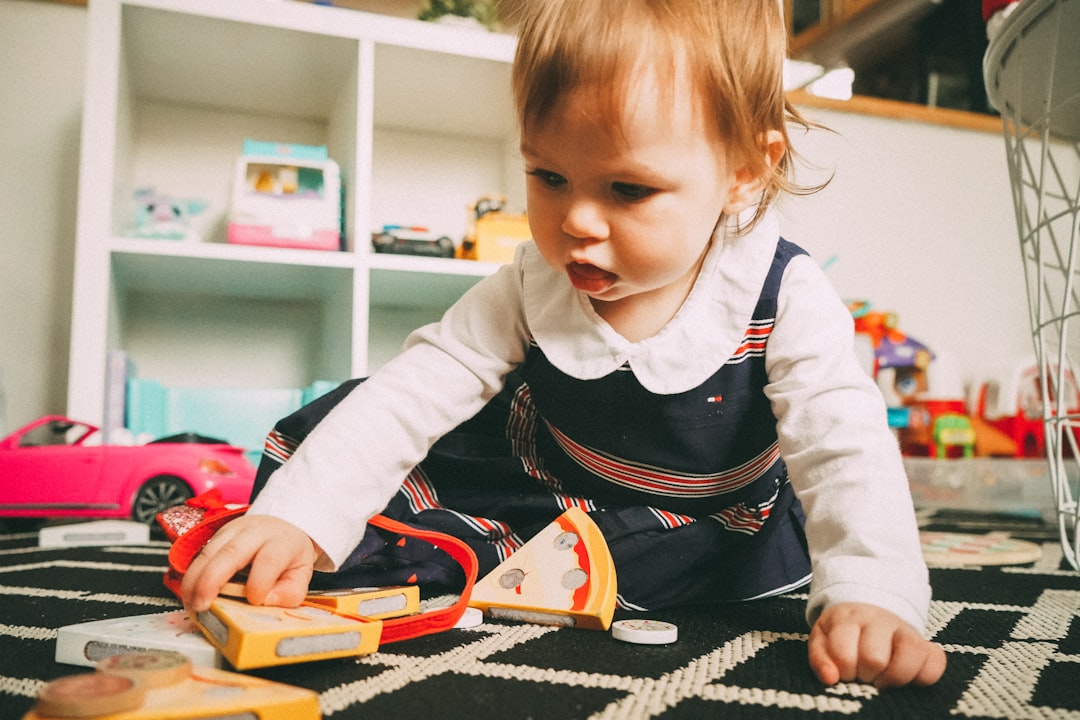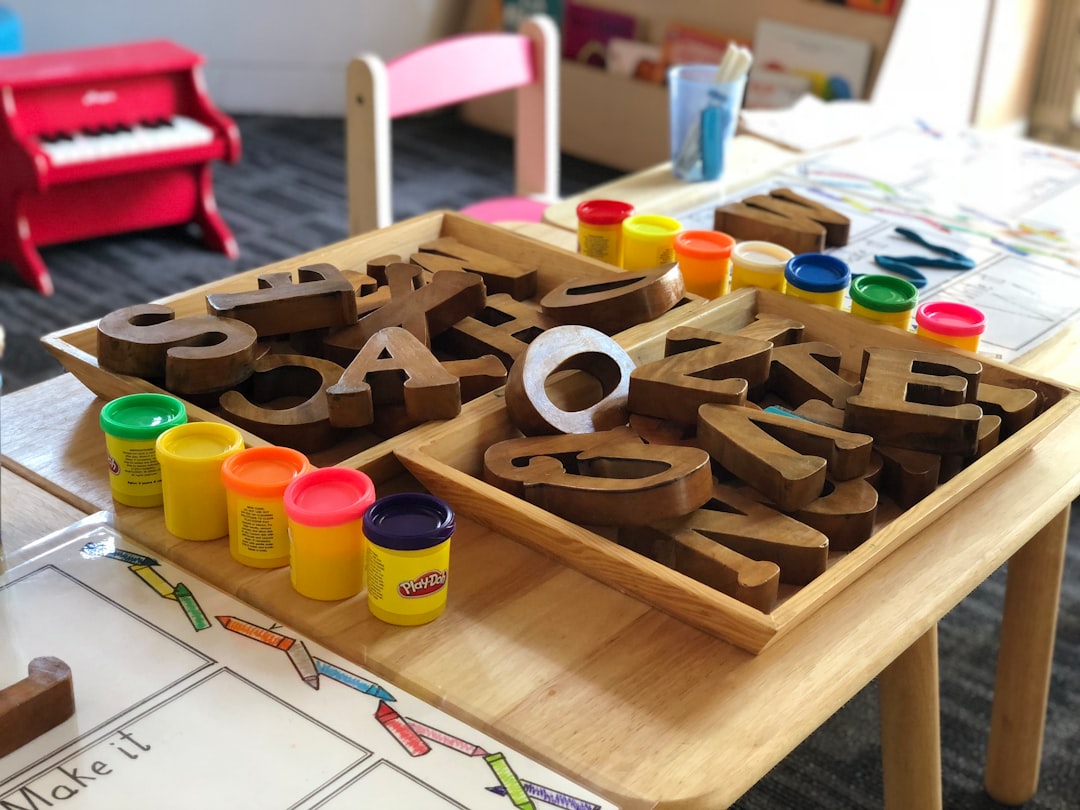Pennsylvania prioritizes child safety with stringent sex abuse laws and mandatory training for daycare staff. Law firms specialize in these matters, providing guidance on reporting responsibilities. Interactive workshops equip caregivers to recognize signs of abuse, fostering a culture of prevention and accountability under strict legal frameworks.
In Pennsylvania, where sex abuse law firms frequently highlight pressing issues, preventing child abuse in daycare settings is paramount. This article delves into comprehensive training programs designed to equip staff with crucial recognition and reporting skills. We explore legal aspects and trends in PA, focusing on the importance of interactive workshops and scenario drills for effective training. Additionally, we discuss post-training implementation strategies, emphasizing the need for consistent support to foster a safe environment for children.
Understanding Child Abuse: Legal Aspects & Trends in PA

Child abuse is a complex and serious issue, with various forms including physical, emotional, and sexual abuse. In Pennsylvania, understanding the legal aspects surrounding child abuse is paramount. The state has stringent laws in place to protect children, with sex abuse law firms playing a crucial role in enforcing these regulations. These laws not only define what constitutes child abuse but also outline the responsibilities of caregivers, educators, and healthcare professionals in reporting suspected cases.
Trends in Pennsylvania indicate an increasing awareness and emphasis on preventing child abuse, particularly sexual abuse. This shift is evident through heightened training requirements for daycare staff, who are now mandated to recognize signs of potential abuse and report them promptly. By focusing on staff training programs, daycare centers aim to foster a safe environment and mitigate risks, ensuring children’s well-being under their care.
The Role of Daycare Staff: Recognition & Reporting Responsibilities

Daycare staff members play a pivotal role in creating a safe and nurturing environment for children under their care. They are often the first line of defense against potential child abuse, including sexual abuse, which is a significant concern for parents and legal authorities alike. In Pennsylvania, where several prominent sex abuse law firms operate, recognizing and reporting such incidents is mandated by state laws. Daycare staff must be vigilant in observing any signs or behaviors that might indicate abuse or neglect. This includes physical injuries, changes in appetite, sudden behavioral shifts, or unusual withdrawal from social activities.
Staff training programs focused on prevention emphasize the importance of reporting any suspected abuse promptly to the appropriate authorities. Pennsylvania’s sex abuse law firms often collaborate with daycare centers to ensure staff members understand their legal obligations and the procedures for making safe and confidential reports. This proactive approach not only protects children but also ensures that potential abusers are held accountable under the state’s strict sexual abuse laws, creating a safer environment for all Pennsylvania children.
Training Methodologies: Interactive Workshops & Scenario Drills

Effective training methodologies play a pivotal role in empowering daycare staff with the knowledge and skills to prevent child abuse, which is a significant concern for families across Pennsylvania. Interactive workshops are a dynamic way to engage caregivers in learning about child protection protocols. These sessions often involve real-life scenarios, role-playing, and open discussions, allowing trainees to explore different situations and develop confidence in handling potential abuse cases. By actively participating in these exercises, staff members can gain practical insights into recognizing subtle signs of abuse, understanding the legal implications outlined by Pennsylvania’s sex abuse law firms, and responding appropriately.
Scenario drills take interactive training a step further by immersing participants in simulated crises. These drills replicate various scenarios, from identifying unusual behavior to reporting suspected abuse to law enforcement. Through these hands-on exercises, daycare staff can enhance their decision-making abilities, ensuring they follow the best practices and legal procedures when faced with challenging situations involving children’s safety.
Post-Training Implementation: Consistency & Ongoing Support for Staff

After completing a thorough training program, ensuring consistent implementation of learned practices is paramount. Daycare staff must regularly apply preventive measures against child abuse, reinforcing the lessons they’ve learned to create a safe environment for children in their care. Ongoing support from administrators and peers is vital; regular debriefings, group discussions, and peer mentoring can help staff stay vigilant and maintain high standards.
Consistency in policy enforcement and disciplinary actions, guided by Pennsylvania’s sex abuse law firms and relevant guidelines, further strengthens this effort. By maintaining open lines of communication and fostering a culture of care, daycares can effectively prevent child abuse while providing quality education to their charges.




